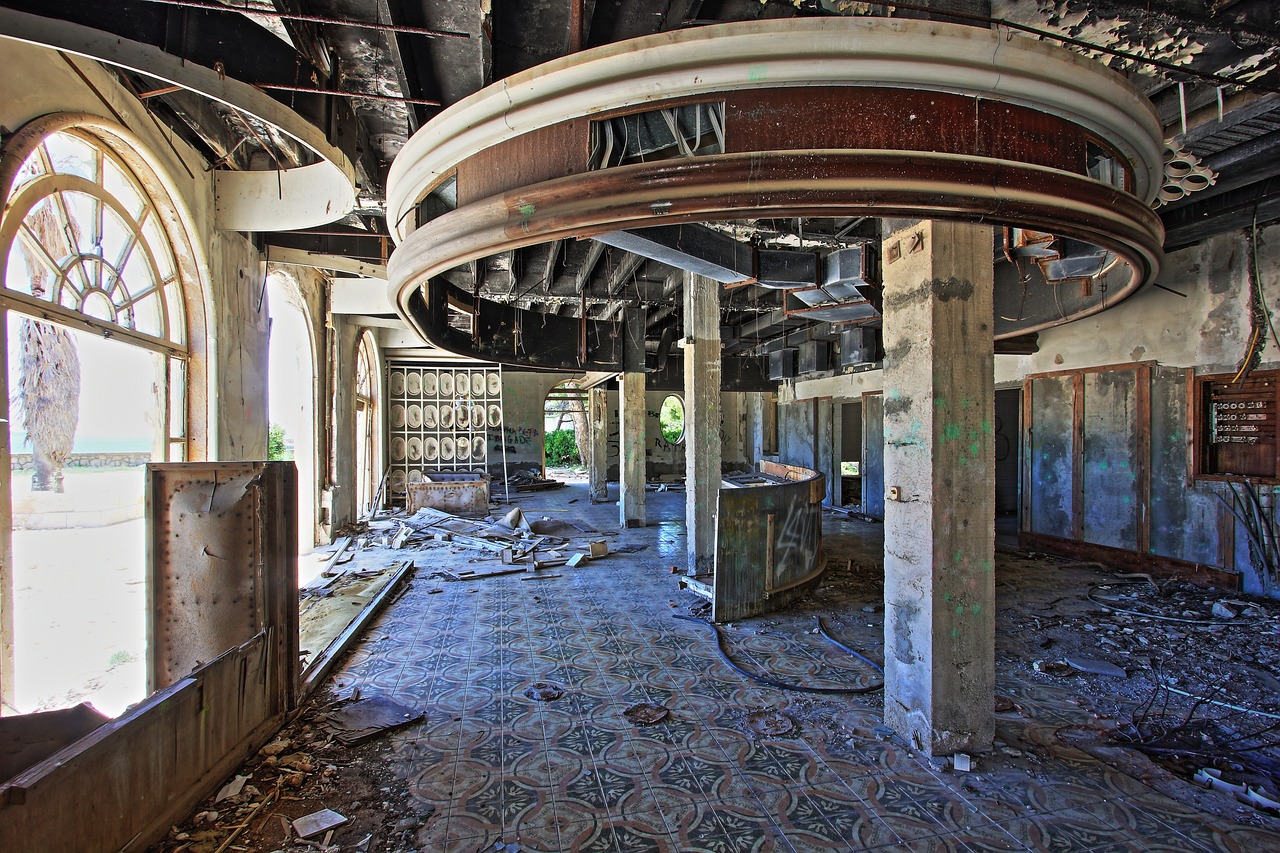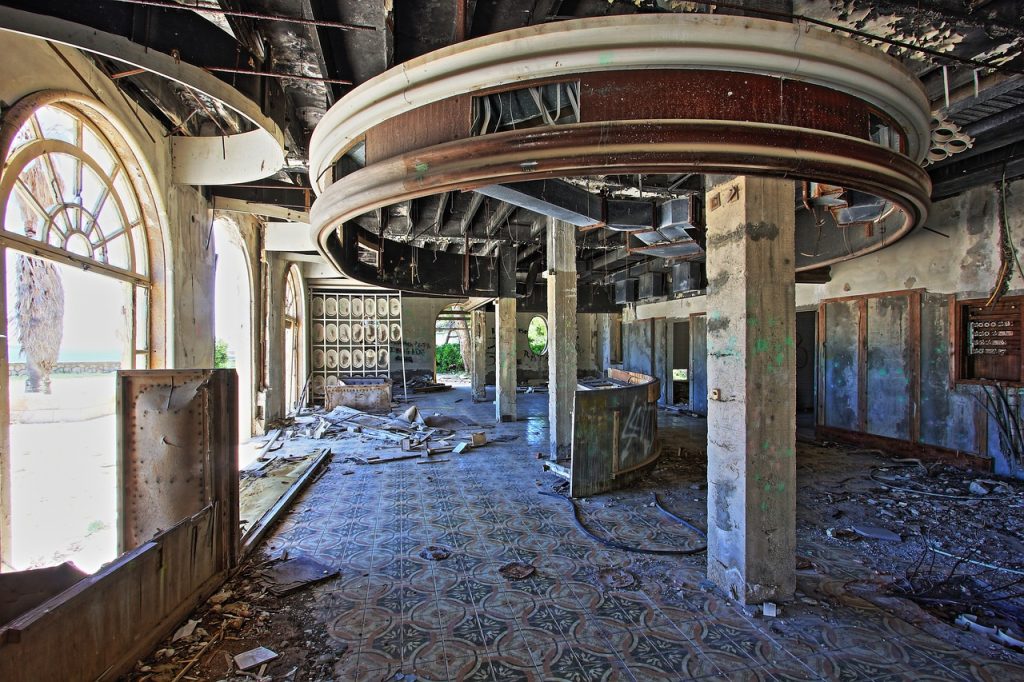Last week, The Star published a headline that stopped many of us in the tourism and hotel industry in our tracks: “Tourism in Penang takes a hit during Hari Raya holidays.” Hotels that expected full houses were reporting occupancy rates as low as 40%. Many even called it the worst Hari Raya season ever. Now, let’s not pretend this is happening for the first time. It’s not. What we’re seeing is the beginning of a structural problem one that could bring us dangerously close to another economic crash for tourism players, just like what happened during COVID. And this isn’t something unique to Penang. Just look at Bali where unchecked development of hotels and villas led to crashing occupancies, environmental strain, and investor losses so bad the government had to freeze new hotel licenses. Or take a look at Barcelona where short-term rental growth, even with regulations, spiraled so far out of control that locals were priced out of their homes, entire neighbourhoods lost their identity, and the city had to pull the brakes before it fell apart.
What’s happening in Penang now is a softer version of what happened there. But if we don’t act fast and smart, we could very well be heading in that same direction and it’ll be the hotel owners, boutique operators, and STR players who’ll feel the burn first.
Let’s get this straight: Penang does regulate short-term rentals. There’s a system in place, and that’s a good thing. But this isn’t about regulation anymore. This is about control over supply and demand. Because if supply grows faster than demand, prices crash. Rooms get cheaper. Operators slash rates just to survive. We end up in a full-blown price war. And that’s when good operators start shutting their doors. But if we manage this better, if demand is allowed to lead, and supply follows intelligently then everyone wins. Hotels make better yields. STR owners get better returns. Communities aren’t overwhelmed. And Penang stays competitive, sustainable, and profitable.
How is this done? Very simple the state government can introduce something we call, Accommodation Development Rights, or ADR for short.
ADR is a framework that helps the government, operators, and the market grow the accommodation sector at the right pace not too fast, not too slow. Whether you’re running a five-star hotel, a boutique guesthouse, or a few units on Airbnb, ADR applies to you.
Here’s how it works. Every year, the state reviews Penang’s overall hotel occupancy. If the average occupancy rate is below 80%, that’s a clear sign that we’re not fully using what we already have so no new ADR licenses will be issued that year. In other words, we hold off on adding more rooms until the market catches up. Let’s break it down. Say Penang has around 13,000 hotel rooms. If the occupancy rate last year was 72%, that means nearly 3,600 rooms sat empty every night. Building more rooms under those conditions isn’t growth, it’s oversupply. And that kind of oversupply leads to price wars, lower margins, and closures. But if we hit above 80%, say 85%, that means demand is strong and the market can handle more rooms. So here’s where the ADR kicks in. The difference in this case is 5% (85% – 80%) becomes the growth allowance for the year.
Now for the math:
- 5% of 13,000 rooms = 650 rooms
- That means only 650 new rooms can be added to the market that year through ADR licenses.
- These licenses will be released for open bidding, and each license covers a fixed number of rooms let’s say 50 or 100 rooms each.
If you want to build or operate new rooms, you’ll need to secure one of these ADR licenses. They’re valid for 20 years, and they can be bought, traded, or sold so they’re not just permits, they’re valuable assets. This system ensures we don’t end up with more rooms than guests and that supply only grows when demand is ready. It’s a smarter way to protect your investment, raise industry standards, and keep Penang’s tourism economy strong for the long haul.
Now you might be wondering “What about those of us already operating?” The good news is, every existing hotel, boutique, or licensed short-term rental will automatically be granted an ADR, matching the number of rooms you currently operate. But of course, with that right comes a bit of responsibility and it’s all designed to keep our hospitality scene strong and competitive. First, you must already hold a valid operating license. No license, no ADR, simple as that. Second, once you’re issued the ADR, you’ll have 12 months to repaint the façade of your property. We want our streets and skylines to look fresh, welcoming, and well cared for. And third, you’ll need to carry out refurbishment works at least once every 10 years to make sure your rooms, fittings, and guest experience stay current and comfortable. This isn’t about making life harder for existing operators. It’s about protecting your asset value and ensuring that Penang remains a destination known for quality, not tired old stock. In return, you’ll have peace of mind knowing your rights are secured for the next 20 years and that you’re part of a system that supports healthy, sustainable growth.
So, what’s in it for the government? Plenty and not just profit for the sake of profit. Under the ADR system, whenever new licenses are released, developers will tender for the rights to build or operate rooms. This generates a healthy stream of income for the state not from taxes, but from structured growth. But here’s where it gets exciting: that revenue can be reinvested directly into the tourism economy. The government can use it to market Penang as a destination, run powerful campaigns across Southeast Asia and beyond, bid to host major international conferences, festivals, and sporting events, or even support local cultural and heritage promotions that draw unique travellers.
In the end, ADR isn’t just a policy it’s a game plan for Penang’s tourism future.
For operators, it gives long-term clarity and protects your business from market saturation.
For the government, it creates a new revenue stream that can be reinvested into marketing and global event bidding.
And for the industry as a whole, it brings balance — ensuring supply grows only when demand is ready, so we avoid another race to the bottom. This is how we protect Penang’s reputation, improve guest experiences, and make sure tourism continues to be a strong, sustainable pillar of the state economy.
Written by Adrian Praveen, CEO of Arrowood
PS: We’ve drafted a full step-by-step blueprint on how to implement the ADR system from policy rollout to licensing mechanics and enforcement strategies. If you’d like a copy or want to explore how this can work for Penang or other states, we’d be happy to share it. Just reach out to us at hello@arrowood.com.my and we’ll get back to you in no time.




